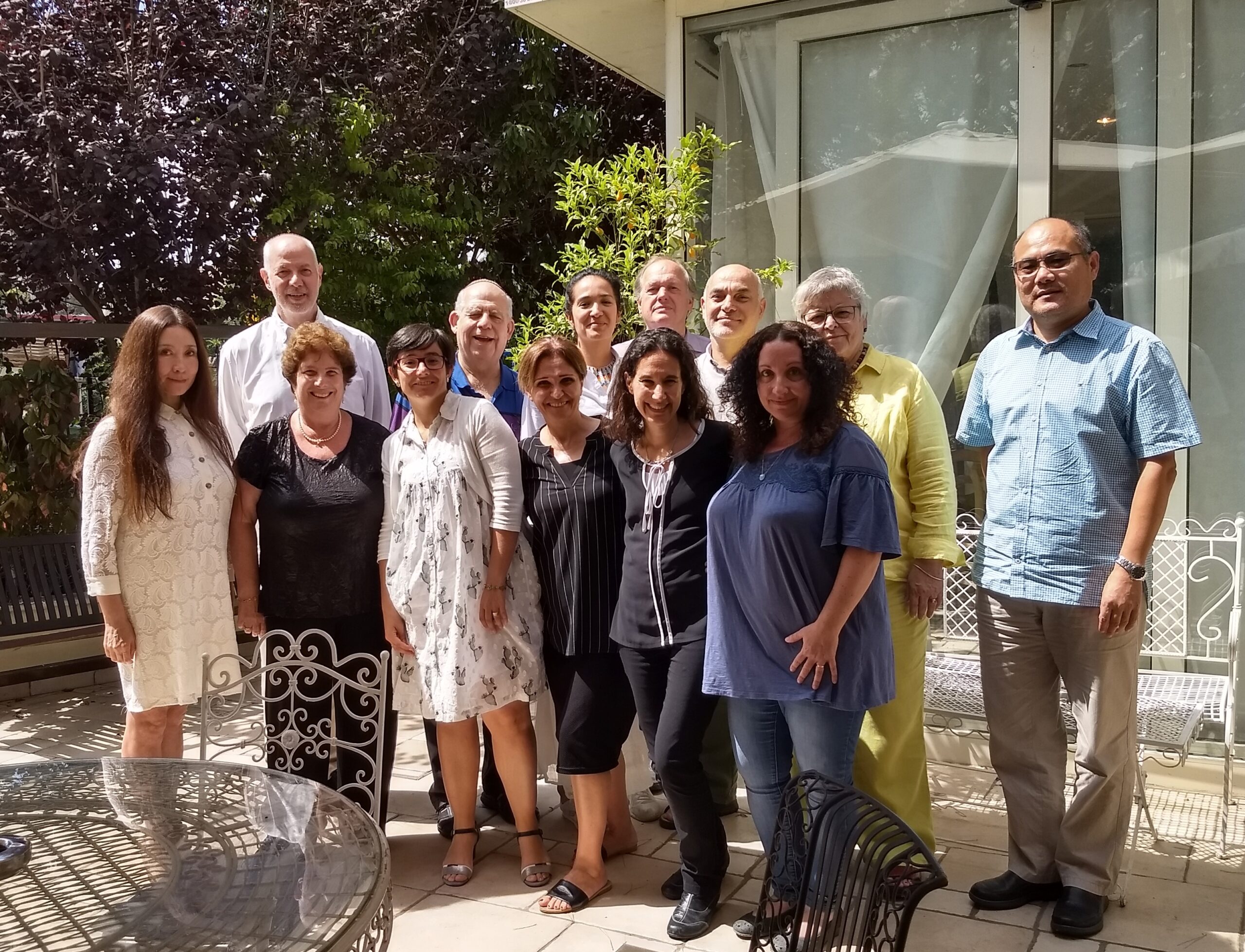The issue of how to cultivate a culture of caring in educational settings, and what conceptions and practices are best suited to integrate caring into educational institutions, is complex and yet crucial to creating a peaceful and harmonious society and providing children with a holistic education. This topic led the discussions at the 2nd International Symposium, “Cultivating Caring in Educational Institutions: Conceptions and Practices”, organized by the Guerrand-Hermès Foundation for Peace (GHFP) and the Faculty of Education, University of Haifa, with the participation of Arigatou International – Geneva.
The Symposium took place at the Villa Carmel from 10 to 12 August, and brought together philosophers, educators, researchers and practitioners to explore how the development and nurturing of caring can be integrated into mainstream schools. It follows a Symposium that took place in May 2017 in England, which focused on questions such as ‘how might education enable students to become more ethically aware, sensitive and motivated?’
It is expected that developing an understanding of care and expanding one’s capacity to express care towards others and one’s self will lead to various positive outcomes: an environment of care in the classroom will foster an atmosphere of trust between students, providing a more favorable learning environment. Students will also be able to better process and express emotions which may be preventing them from having adopting a caring attitude. Developing care in the classroom can also push students to take responsibility for their learning and support other student’s learning. Accordingly, the symposium explored questions around the concept of care in two parts: first, questions surrounding the conception of care in education, such as ‘what is it to care?’; and second, practices of caring in educational institutions, such as ‘how do we foster more caring relationships among students and teachers?’.
The Guerrand-Hermès Foundation for Peace strives to achieve peace and social transformation, underpinned by the idea that peace can only be achieved if individuals are able to reflect on their own humanity. Accordingly, the GHFP has been working to renew interest in ethical education in schools, exploring ways to foster ethics education for children. Arigatou International – Geneva is, therefore, a relevant partner in presenting concrete examples of such work. Ms. Eleonora Mura, Programme Officer at Arigatou International – Geneva, shared cases of the implementation of ethics education, which was integrated into formal education by Arigatou’s Learning to Live Together Programme, specifically in Kenya and Romania.
Arigatou International – Geneva thank the Guerrand-Hermès Foundation and the Faculty of Education of the University of Haifa for inviting us to participate at the event, and the participants for their interest and support.

